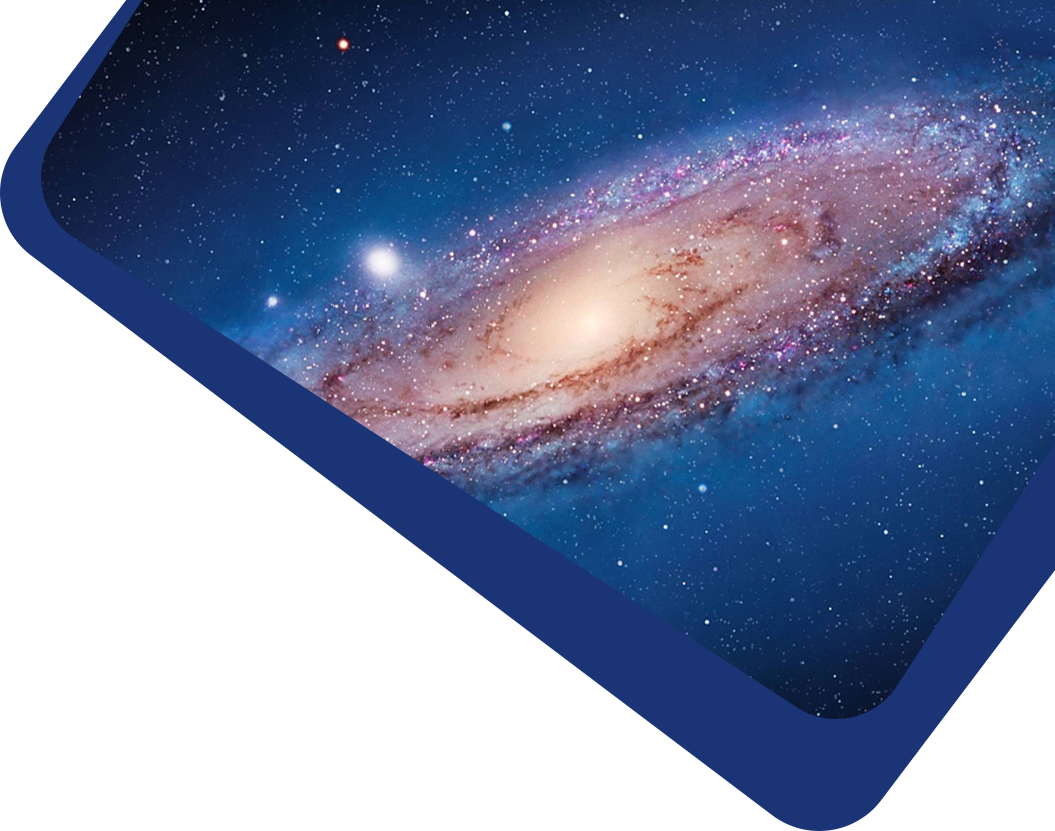

Radio astronomy observations are frequently impacted by radio frequency interference (RFI). We propose a novel method, named 2σCRF, for cleaning RFI in the folded data of pulsar observations, utilizing a Bayesian-based model called conditional random fields (CRFs). This algorithm minimizes the "energy" of every pixel given an initial label. The standard deviations (i.e., rms values) of the folded pulsar data are utilized as pixels for all subintegrations and channels. Non-RFI data without obvious interference is treated as "background noise," while RFI-affected data have different classes due to their exceptional rms values. This initial labeling can be automated and is adaptive to the actual data. The CRF algorithm optimizes the label category for each pixel of the image with the prior initial labels. We demonstrate the efficacy of the proposed method on pulsar folded data obtained from Five-hundred-meter Aperture Spherical radio Telescope observations. It can effectively recognize and tag various categories of RFIs, including broadband or narrowband, constant or instantaneous, and even weak RFIs that are unrecognizable in some pixels but picked out based on their neighborhoods. The results are comparable to those obtained via manual labeling but without the need for human intervention, saving time and effort.
Key words: methods: data analysis – techniques: image processing – (stars:) pulsars: general
There are currently no refbacks.
It accepts original submissions from all over the world and is internationally published and distributed by IOP